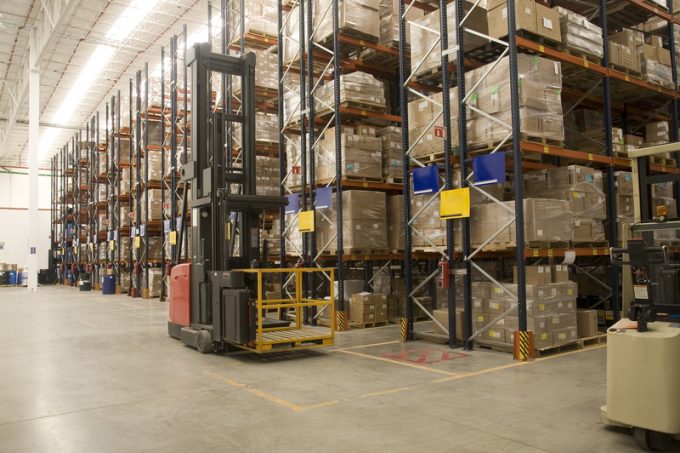EU 'frustration over what UK wants' as further trade talks loom
Supply chain operators are being warned not to get their hopes up of any imminent ...

Logistics companies face a gamble with long-term leases if they are to cope with the impact of a no-deal Brexit on UK supply chains, despite a supposedly improving warehouse market.
Chief executive of the UK Warehousing Association (UKWA) Peter Ward told The Loadstar reports were painting a rosier picture, but this ignores the needs of the logistics community.
“Messages are being bandied around that there are greater levels of warehouse space available, with more being spent on speculative development,” he said.
“But it’s important to de?couple the growth in empty buildings, with what ...
'Disastrous' DSV-Schenker merger would 'disrupt European haulage market'
'Chaos after chaos' coming from de minimis changes and more tariffs
List of blanked transpac sailings grows as trade war heats up and demand cools
Shippers in Asia restart ocean shipment bookings – but not from China
India withdraws access for Bangladesh transhipments, in 'very harmful' decision
'Tariff hell' leaves industries in limbo – 'not a great environment to plan'
Asian exporters scramble for ships and boxes to beat 90-day tariff pause
Temporary tariff relief brings on early transpacific peak season
Pre-tariff rush of goods from US to China sees air rates soar, but not for long
De minimis-induced ecommerce demand slump could cripple freighter operators
Forwarders 'allowing the fox into the chicken run' by supporting 'hungry' carriers
Hapag 'took the bigger risk' when it signed up to Gemini, says Maersk
'Restoring America's maritime dominance' – stop laughing at the back of the class
Navigating tariffs: 'like trying to solve a Rubik's cube while colour-blind'
Marginal gains on east-west ocean container routes in a challenging week

Comment on this article